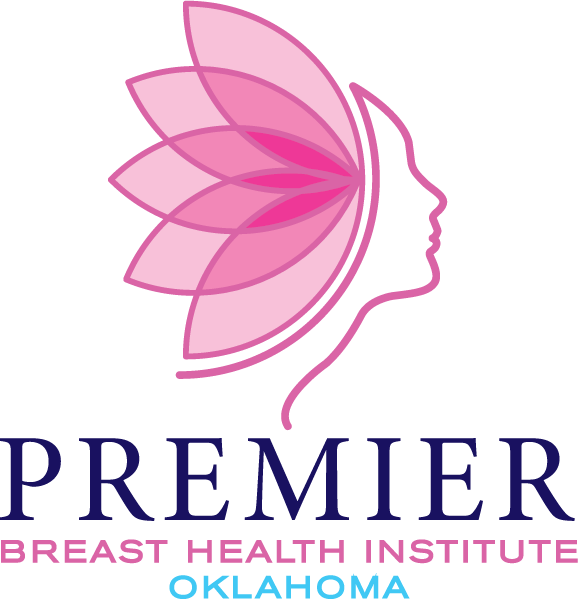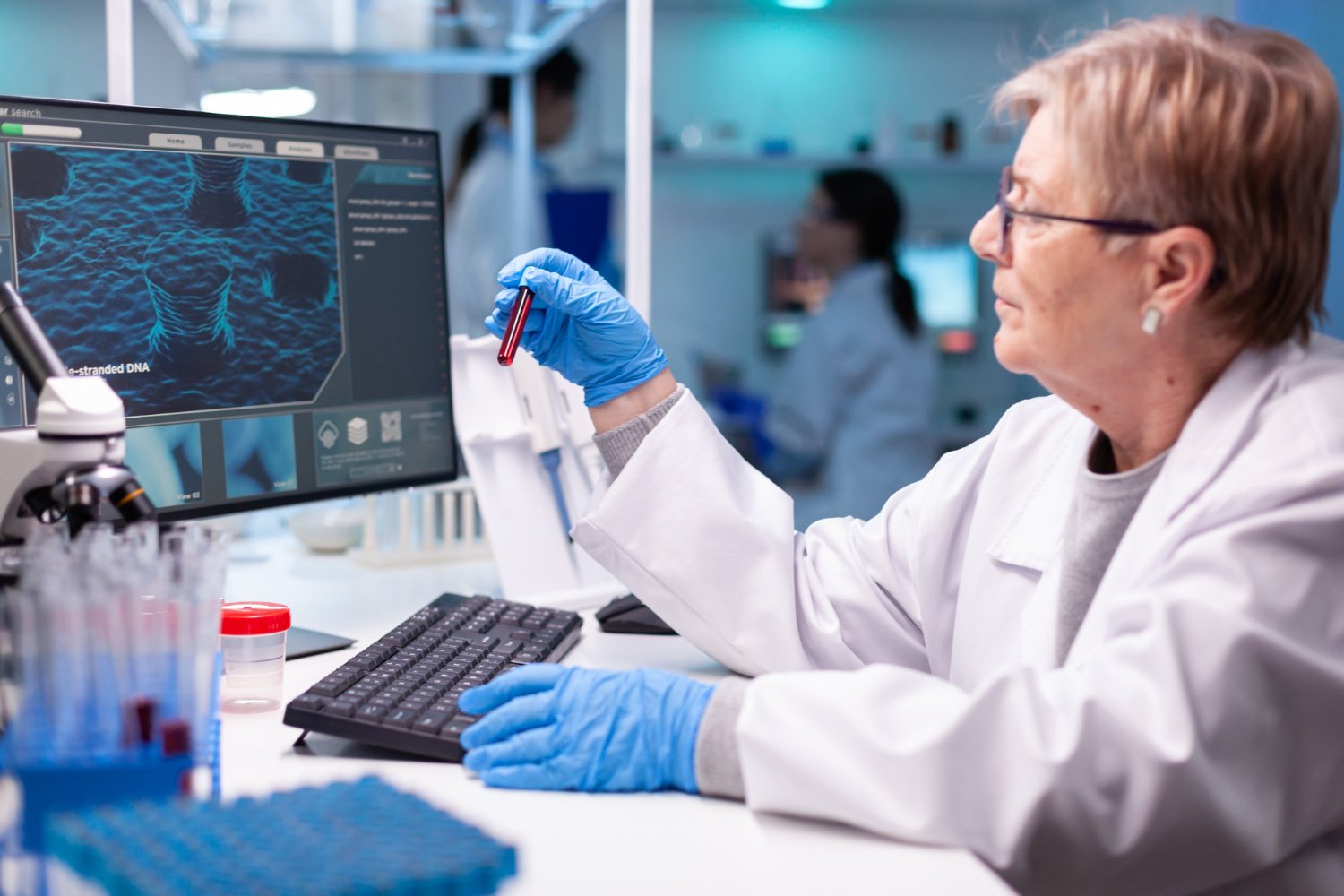How Does Genetic Testing Impact Breast Cancer Prognosis?
Breast cancer diagnosis can be a life-altering event, prompting a journey filled with questions and uncertainties. Amidst the whirlwind of emotions, understanding the role of genetic testing can provide clarity and empowerment. In OKC, genetic testing offers invaluable insights into personalized treatment options and future risk assessment. Picture this: you've just received a breast cancer diagnosis. Amidst the shock and confusion, one question echoes louder than the rest: what now? Want to avoid such a situation? Enter genetic testing in OKC, a pivotal tool in navigating the complexities of breast cancer treatment and risk assessment.
Exploring Tumor Gene Mutations:
Following a diagnosis of metastatic breast cancer, the exploration of tumor gene mutations becomes imperative. Often referred to as genomic tests, these examinations delve deep into the genetic composition of cancer cells. Unlike assessments of inherited genes, tumor gene mutations are unique to cancerous cells, offering crucial insights into disease progression and treatment options.
Unveiling Genetic Insights in Breast Cancer Treatment:
In breast cancer care, genetic testing serves as a beacon of guidance. Healthcare providers can tailor treatment plans to individual needs by examining inherited gene mutations. From early-stage interventions to navigating the complexities of metastatic disease, genetic testing empowers patients and clinicians alike with personalized strategies for optimal care.
Early Breast Cancer – Genetic Testing to Guide Treatment:
Navigating Surgical Decisions for Early Breast Cancer:
In early breast cancer management, the presence of inherited gene mutations can significantly influence surgical decisions. Some mutations elevate the risk of contralateral breast cancer, prompting healthcare providers to advocate for mastectomy over lumpectomy. Additionally, women harboring specific gene mutations may contemplate risk-reducing contralateral mastectomy to mitigate future breast cancer risks. It's crucial for individuals to understand these options and discuss them thoroughly with their healthcare team at the breast care center in OKC.
Unveiling Risk-Reducing Strategies:
As the landscape of breast cancer care evolves, genetic testing unveils novel avenues for risk reduction and tailored therapies. For individuals with HER2-negative early breast cancers and BRCA1/2 mutations, the PARP inhibitor olaparib emerges as a promising treatment option. However, accessing this therapy necessitates genetic testing to identify qualifying gene mutations, highlighting the pivotal role of genetic insights in treatment decision-making. Individuals can make informed decisions about their treatment plans and future risk-reduction strategies through comprehensive genetic testing and counseling.
Unlocking Personalized Treatment Paths for Metastatic Breast Cancer:
In the pursuit of tailored treatment approaches, genetic testing emerges as a cornerstone for individuals grappling with metastatic breast cancer. Endorsed by the National Comprehensive Cancer Network (NCCN), genetic testing for BRCA1/2 inherited gene mutations is deemed essential for all those diagnosed with metastatic breast cancer. The presence of such mutations not only informs treatment decisions but also opens doors to innovative therapies, such as PARP inhibitors.
Understanding Genetic Testing of Tumor Mutations:
Tumor gene mutations, distinct from inherited genes, serve as guiding beacons in metastatic breast cancer treatment. These mutations, detected through comprehensive tumor testing, pave the way for targeted therapies tailored to each individual's genetic profile. From PIK3CA gene mutations to ESR1 alterations, genetic insights shape treatment plans, offering hope and efficacy in the fight against metastatic breast cancer.
Advantages of Genetic Testing:
Genetic testing holds the promise of illuminating one's susceptibility to various cancers beyond breast cancer, such as ovarian cancer in women and prostate cancer in men. Beyond individual insights, genetic testing extends its benefits to family members, offering them a clearer understanding of their inherited cancer risks. Moreover, it has the potential to customize cancer screening protocols based on genetic predispositions. Engaging in discussions with healthcare providers or genetic counselors is pivotal to discerning the relevance and utility of genetic testing in one's healthcare journey.
Why Genetic Counsel Is Crucial?
Before starting on the path of genetic testing, it's prudent to engage in dialogue with a genetic counselor or an equally trained healthcare professional. Whether contemplating testing for inherited gene mutations associated with breast cancer risk or seeking guidance for treatment decisions, the expertise of a genetic counselor proves invaluable. These professionals facilitate informed decision-making by evaluating the relevance of genetic testing and elucidating its potential benefits and risks. Consulting a genetic counselor, pre- or post-testing, provides clarity on how results affect individual and familial cancer risks. Your healthcare provider can facilitate access to genetic counseling services, ensuring comprehensive support throughout the testing process.
Discover Personalized Breast Cancer Care
Ready to take control of your breast health journey? At Premier Breast Health Institute Of Oklahoma, we offer comprehensive genetic testing in OKC. Our team of experts is here to guide you through every step, from initial consultation to results interpretation. Schedule an appointment today to take the first step toward personalized treatment strategies and familial risk assessment. Don't wait to empower yourself with knowledge and proactive healthcare measures.

